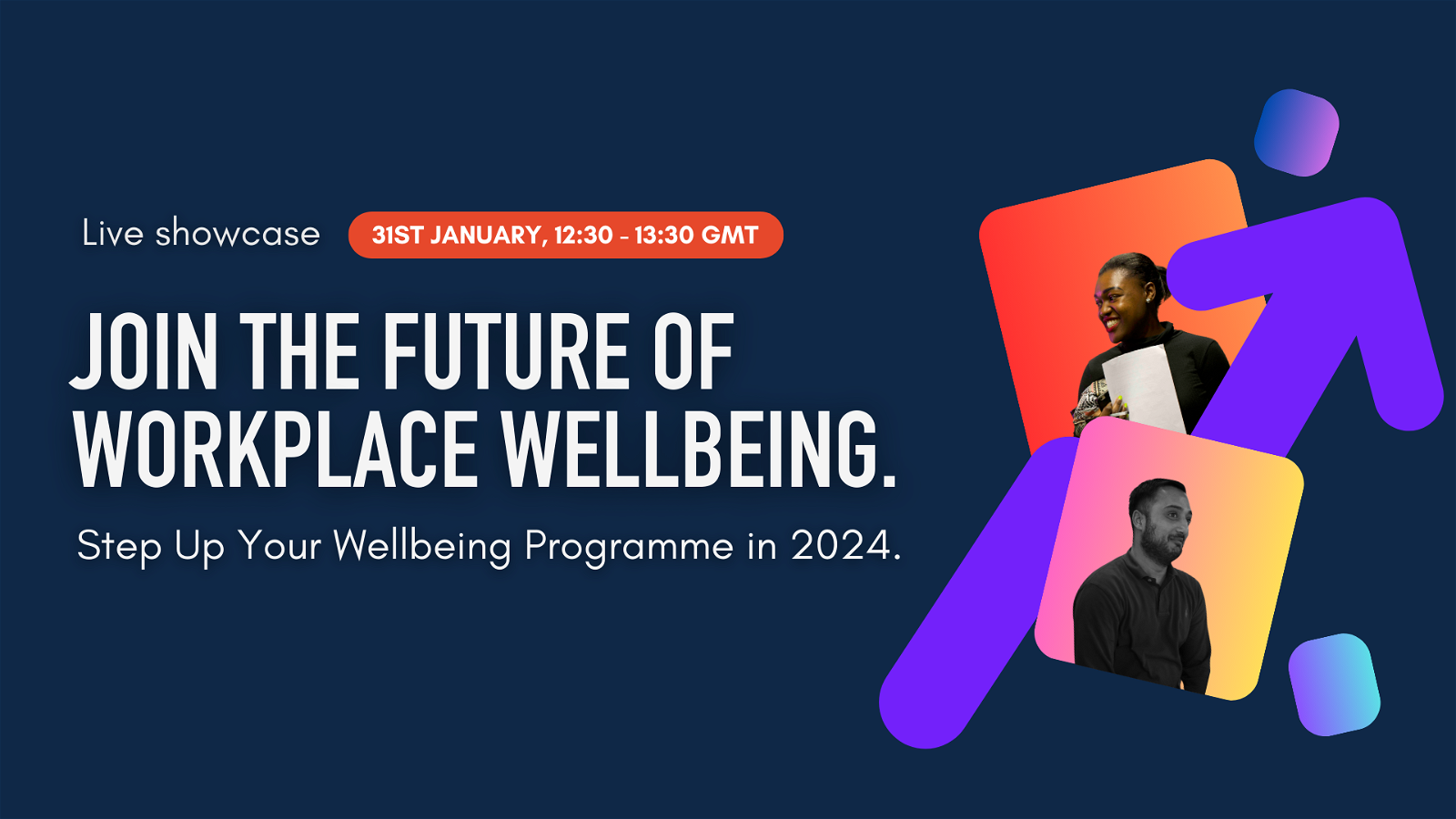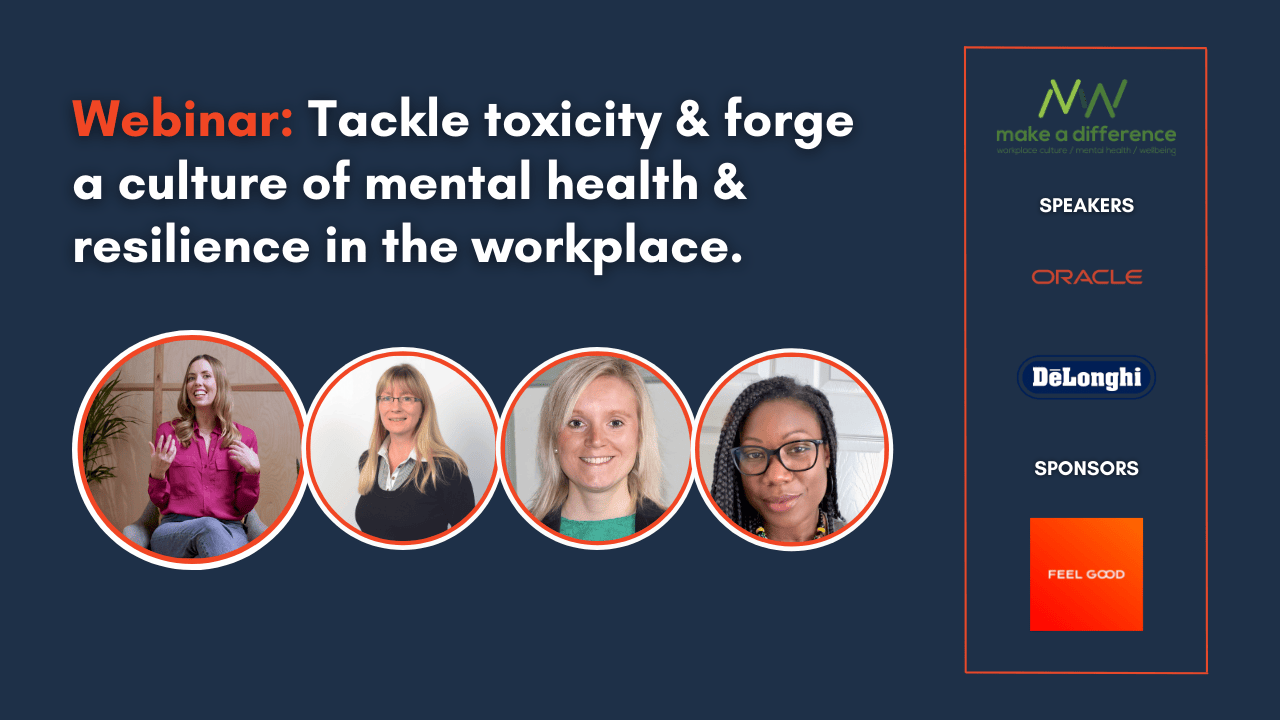Posted on: June 17, 2022
Men’s Health Week: It’s time for your MOT
Since 2002, International Men’s Health Week has been celebrated every June during the week ending on Father’s Day. The aim is to increase awareness ...
By Shivekiar Tashchioglu

Since 2002, International Men’s Health Week has been celebrated every June during the week ending on Father’s Day.
The aim is to increase awareness of male health issues on a global level and to encourage inter-and intra-national institutions to develop health policies and services that meet the specific needs of men, boys, and their families. Father’s Day was chosen as the anchor to make use of the extra attention paid to male family members near that holiday.
This year, the International Men’s Health Week will run from 13th-19th June.
In the UK, the Men’s Mental Health Forum has been a notable charity that’s always been very proactive in celebrating this week. Every year, they celebrate this week with training, manuals, talks and health strategy campaigns to tackle a particular theme around male health.
Looking for men’s wellbeing solutions? Book a call with a Feel Good expert today to explore our Men’s Health workshops and Men’s Health podcast solutions.
What is this year’s Men’s Health Week theme?
This year, the theme is man MOT. The idea behind this is to attach this concept of regular mechanical tune-ups to male health. By law, we are required to make sure that our vehicles are road worthy enough to pass a yearly MOT, in fact, most people spend on average £350 a year on the MOT process. MOTs and regular servicing ensure that cars are safe and reliable.
How often do you show the same care for yourself?
Far from it, men’s health is often stigmatised, and we live in a ‘man up’ culture, where it is more common to ignore the knocking and niggles coming from your body and mind than to ask for help. This year’s Men’s Health Week is all about addressing this problem and removing the stigma surrounding men’s health.
Start from your ‘head’
Starting at the top of the body, let’s talk about your head. Male mental wellbeing has never been so important, as the biggest threat to men under the age of 50 is actually themselves. Around 3 in 4 people who end up taking their own life are male, and 1 in 8 men have a common mental health problem. Despite this, a stigma toward male mental health still exists, which is making it difficult for men to open up. So, a vital part of your MOT is checking your mental health and ensuring everything is okay.
Men (and boys) are often taught to embody the traits of strength, independence and self-reliance. They’re positive traits in many parts of life but can become a problem when taking action on health. There’s nothing weak or soft about seeking out health information and support. Health issues happen to everyone and speaking up about them is the strongest thing you can do.
How are you feeling? Are you motoring along smoothly?
This question is tricky to answer accurately. We all say ‘fine’ when someone asks, especially if we are not used to talking about our feelings, or simply feeling our feelings.
To go a little deeper than ‘fine’, you can use these 14 questions (from the Warwick-Edinburgh Mental Wellbeing Scale (WEMWBS)) and figure out how you truly feel – not what you think or what you know, but what you feel.
What do the scores mean? As a rule of thumb:
- Under 32 points: your wellbeing score is very low.
- 32-40 points: your wellbeing score is below average.
- 40-59 points: your wellbeing score is average.
- 59-70 points: your wellbeing score is above average.
You’ve done your mental health MOT. Now what?
Protect: Talk to someone
These scores are only for guidance – do not get too hung up on them. They’re most useful for monitoring your mood changes over time. If you score higher in a fortnight than you do today, it suggests your head health is moving in the right direction. If you score low now and in a fortnight, you might want to talk to someone. This could be a friend or a family member.
Or consider, what else can work for you best given where you are now?
- Online forums: If you would be more comfortable talking to someone who doesn’t know you, sharing your experiences on online men’s health forums – and learning from people with similar difficulties in the presence of experts – can be an excellent way to go.
- Mentoring: Do you know someone who has the confidence, career or relationship success, family or fitness life you would like to have? You can connect with this person and ask them to be your mentor. By having someone who knows more than yourself share advice, offer guidance and be a sounding board for your thoughts, you benefit from experience beyond your own.
- Coaching: If you’re feeling stuck in other ways, you might benefit from another approach – coaching. Coaches work in all areas of life, from career to spiritual to sports coaching. They all have the same aim – to help you get where you want to be in life. This includes setting and achieving goals, creating action plans, navigating life changes, and finding ways to thrive instead of surviving.
- Counselling/Therapy: Counselling can help you to feel less alone with your problems and encourage a sense of confidence and emotional self-knowledge to grow and experience positive new life experiences. It can be empowering to learn more about yourself and to feel greater control over your life. Many therapists focus their work on specific areas such as relationships and intimacy, anger and communication, emotional eating and body image, sexuality and gender. They also use different approaches, such as motivational interviewing, cognitive behavioural therapy, behavioural activation, or couples or family therapy. Consider your current challenges and what approach you think you would benefit from the most.
Promote: Check in with your male friends
Once you’ve checked in with yourself, why not check in on one of your male friends? You never know, simply asking the question might save someone’s life. When you do ask the question, ask it twice. Three in four people would say they’re fine even if they’re struggling. Simply asking again, with interest, might lead to them opening up on an issue they otherwise would have kept hidden. Do they have the support they need?
Prevent: Give the rest of your body a look-over too
Research cited on the Men’s Health Forum website shows that early-stage cancer diagnoses fell by a third in the first lockdown, and that shortfall has continued. Macmillan reckons that around 50,000 of us have missed a cancer diagnosis during the pandemic. Prostate cancer diagnoses, for example, were down 29% between 2019 and 2020. That’s not because prostate cancer is getting rarer (it isn’t), but because men didn’t see their GPs to begin to get diagnosed. Indeed, male GP visits fell more than female visits.
All of this gives even more reason to keep an eye on your bodies and minds and give yourself an MOT.
For something quick and easy, you can start with giving yourself the Men’s Health Forum’s DIY Man MOT. This should not take more than 30 minutes to 1 hour of your time, so it could easily fit into your next lunchtime break.
To complement this, also go and get an NHS Health Check which is offered to most people over the age of 40 (as these have been restarted since April 2022). If you’re not eligible for this, visit your GP or medical health practitioner for a full-body examination. Make it your challenge to book an appointment and go.
Organisations, what can you do?
According to Towergate Health and Protection research, men are half as likely to reach out for workplace emotional support as women. Yet, two in five men (43%) admit to regularly feeling worried or low (Mind). There is more that we can all be doing, as employees and employers, to support men’s health this week and beyond.
Prevent
- Encourage your male employees to give themselves an MOT by sharing the messages above.
- Provide macro and microlearning tools for your employees to enhance awareness of male holistic and mental health. Our quick 30-minute micro-webinar on Men’s Health empowers your male employees with compassionate conversations and healthy coping strategies they can stick to. Book a call to learn more.
Protect
- Can you subsidise fees for employee health check-ups – ideally permanently but at the least for the month of June?
- Provide access to relevant information for your male employees to control their own health and wellbeing. Communicate what services, benefits and EAP programs you offer clearly. Give them knowledge on where to seek further medical or relevant professional services.
Promote
- Consider training up Men’s Health Champions to empower men in your organisation or group to have healthy conversations about health. Health Champions are a tried and tested way to improve health in a community and can break down the barriers that often exist in health care provision.
- Change also happens top-down. Think about what you can model to get your employees to be more open with mental health? Can you organise talks and panels where leaders and managers can open up about their mental and general wellbeing issues?
- One of the greatest ways to spark engagement and discussion is through podcasts (or, as we like to call them, ‘learning powershots’). In our podcast ‘Men’s Mental Health and Gym Culture‘, we sit down with Dr. Colin Robertson and delve into the impact men’s gym culture has on health, wellness, self-image and relationships. Would you like to hear a snippet? Book a call to learn more.
PSYCHOLOGY-POWERED SOLUTIONS THAT DRIVE IMPACT
Feel Good evolves how your people think, feel and perform with strategic thinking and engaging learning solutions powered by the latest organisational & behavioural science.














